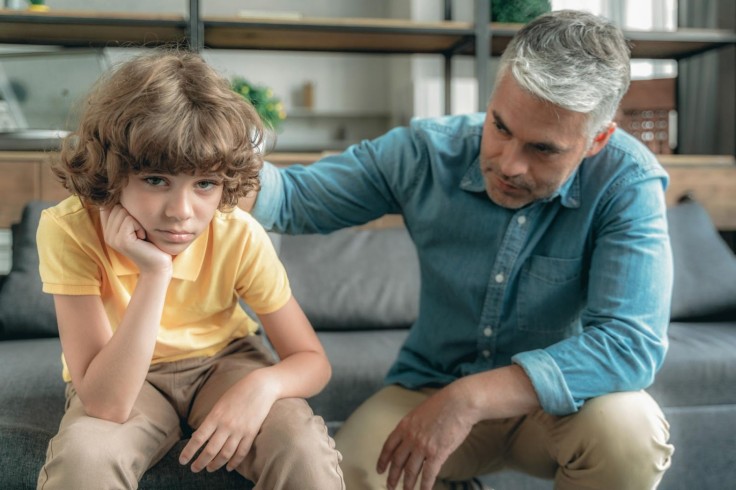
Losing someone close to you is never easy, no matter what age you are or how many times it has already happened. A loss is a loss and grieving is something we spend our whole lives doing.
And yet, how we do convey something as complicated as this to our children? Talking about death with our kids can feel like a harrowing task. We want kids to be able to grieve properly, but figuring out how to best talk about this can be a real challenge.
What should you expect when talking about death with your child, and how can you best go about it? Read on and we'll walk you through what you need to know.
Talk About Your Own Feelings
When speaking on the subject of loss, don't avoid the subject of emotion. Talking to the emotional impact of death can be vital in allowing a proper grieving process.
Help your child by being open about your own feelings. If you feel sad, angry, confused, anything- let your child know that you are having a reaction to this news as well.
Hearing this will help your child put their own feelings into words. It will allow them to get more comfortable with these ideas as well. Avoiding talking about feelings: your own or your child's, won't give them solid footing for the future.
Don't expect your child to be ready to talk about their feelings right away. They might need time to process and to sit with the new information you've shared with them. At first, they may be shocked, or even angry.
Give them their space and allow them to feel however it is they feel, and then let them come with you to discuss these feelings once they feel ready. Always be ready to talk and eventually, they will be ready too.
Let Them Be A Part Of The Conversation
Every child reacts in their own unique way to death. While it's important to get what you have to say across to them, it's even more important that you listen and allow them to speak too.
Some kids might not want to talk, they might just want a shoulder to cry on. Others might have many questions. Allow and encourage your child to talk freely and openly about any questions, concerns, or feelings that they may be experiencing.
They may want to know about heaven and religious matters, for example. Or they might want to know what happens next for the body and those here on Earth. You can turn to this article for help with those questions.
This shouldn't just be in your initial conversation: it can be helpful to encourage your child to talk about their feelings in the weeks and even months following a death.
Avoid Euphemisms And Similar Tactics
Giving kids the bad news about the death of a family member or other individual can be hard. You can't be blamed for wanting to sugarcoat the news or make it a little bit lighter for your child.
But it's important to avoid this instinct and give your kids' the straight truth. Using phrases like 'gone away,' 'went to sleep,' or other such things can make matters worse. For young children, it can confuse them and prevent them from fully grasping the truths they need to at this moment.
Older children might not be confused, but they might sense that the topic of death is something to be avoided and not discussed. It's better to face the tragedy head-on and talk about it with your child openly and honestly.
This honesty is very important. Be frank with your child, and let them know that yes, one day you, your spouse, and even they will die. You can assure them that you are healthy and that this won't happen anytime soon, but it's important to give them honesty about the possibility.
It might even help them become more honest people later in life.
Don't Feel Like You Have To Know Everything
The topic of death brings up a lot of hard questions. Where do we go? What is the point of life? These are heavy subjects, but they are things that your child might start thinking about following the death of a loved one.
If they begin asking you these questions, it might be hard to come up with a good answer. You may be inclined to lie or give a false answer to your child, to give them some comfort or to just patch over this tough time.
But it's better not to fake knowledge. Admitting that you're not sure about how and where someone goes when they die can help your child to accept the reality of what death means. It can also bring you and your child closer together.
Despite the age difference, we are all journeying together in this strange and often wonderful thing called life. There are many things we don't know for certain. Embracing that aspect with your child can help you feel like equals, and will allow you to find more comfort in one another.
Talking About Death With Children
It's not easy when someone we love passes away. Talking about death and this kind of loss with children is also very difficult. The above information should give you a good starting point to figure out how to discuss such a loss with your family and your young children.
Need more parenting advice for all types of situations? Check out our blog for more.